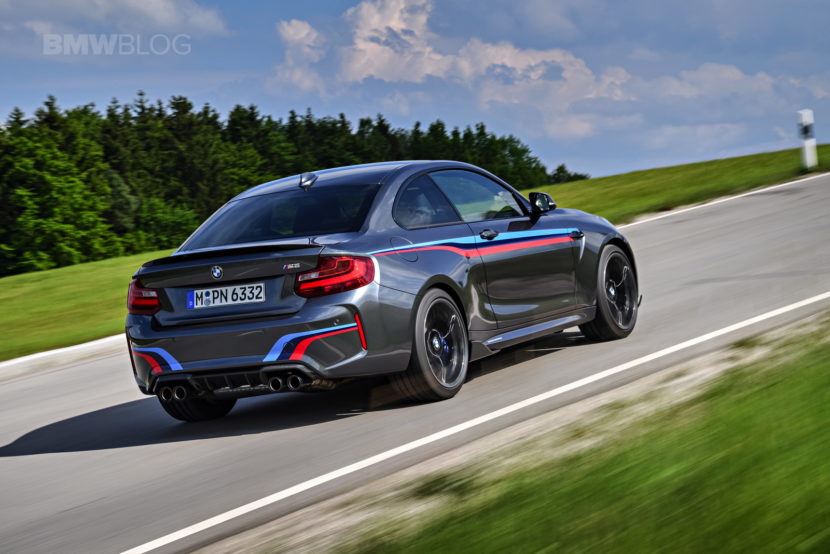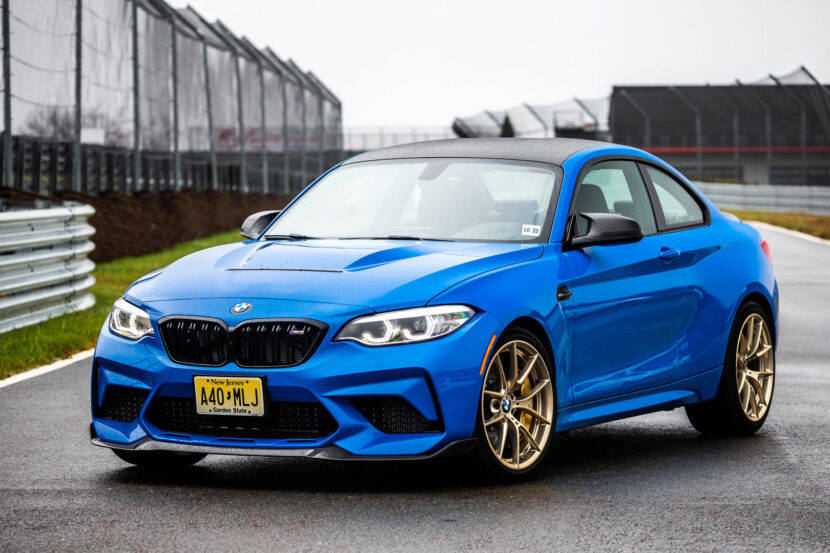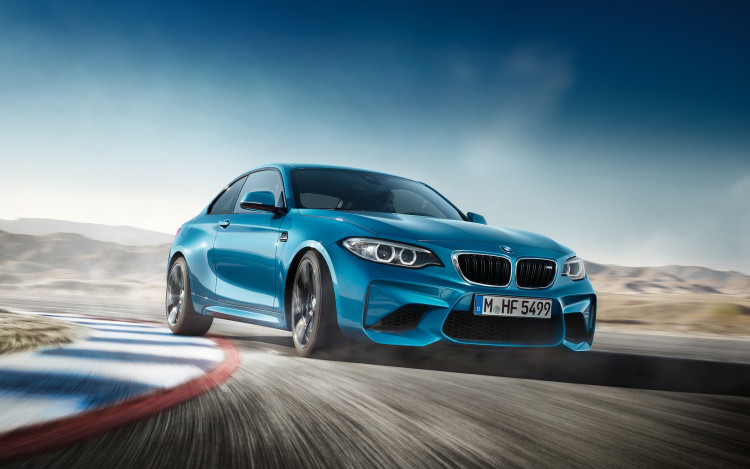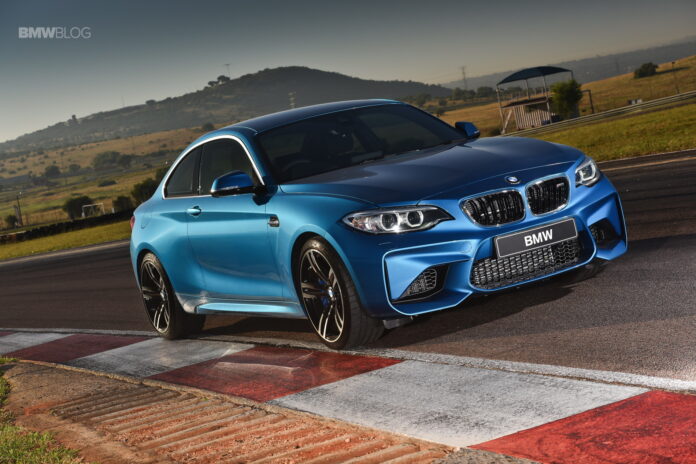The M2 is one of BMW’s most beloved nameplates. But the car’s a surprisingly recent addition to the brand’s stable. Prior to the car’s release in 2015, we only had brief glimpses at what a sports coupe smaller than the M3 could be — thanks to the short-lived and now impossible-to-depreciate 1M in 2011. Luckily, BMW saw the potential and brought something a little more accessible to market in short order. But the oldest M2s are now creeping up to the age of ten — usually when M cars start feeling the brunt of their depreciation. Thankfully, the first-generation M2 seems to be depreciating somewhere in between where a traditional BMW would and the 1M. Which means the time to buy might be sooner than you think.
Used F87 BMW M2 Pricing in 2025

If you’re looking for a real performance bargain, the first few model years of the F87 M2 are your best bet. Average prices for a 2016-2018 BMW M2 currently sit around $36,800 according to Classic.com. That figure is consistent with sold listings on sites like Bring a Trailer and Cars & Bids. That places early F87 M2 — cars with an N55 engine under the hood — pricing in the ballpark of a new Subaru BRZ. It represents a $25,000 savings relative to the new G87 M2. It also undercuts perhaps the most realistic comparison, the Porsche 981 Cayman. Classic claims an average price of $65,894, although that’s likely a tad skewed by GT4 models.
Of course, you can easily pay more for an F87 M2. S55-powered Competition models — which drive significantly different from the N55-powered cars — are almost exclusively on the upper end of the cost spectrum. But, it’s also a byproduct of Competition cars being a few model years newer. The oldest Competition models, model year 2019, are dipping into the mid-$40,000s, although nearly all of them are DCT models with high mileage. The ones that aren’t typically have accidents or a branded title (or both). Classic.com’s average price for a Competition model sits at $48,754. We think that will fall over the next couple of years to mirror the trajectory non-Competition models have seen.
You Could Spend Less, or More, Too


Pardon the ambiguity, but we’ll clarify. It’s easy to spend a lot more or a lot less on an F87 M2. It all depends on what you’re after. Let’s start with the good news: on Autotrader, today, there are nearly two dozen M2s listed for less than $35,000. While some of these cars will likely need some elbow grease to get ‘em perfect, the N55 engine is pretty easy to work on and, most importantly, parts are plentiful. After all, the N55 made its way under the hood of vehicles as pedestrian as the X5.
Spending way more than $50,000 is easy, too. Predictably, the M2 CS sits at the top of the lineup and seems to have inherited most of the 1M’s “depreciation-proof” reputation. Thanks to extremely limited production and a high initial MSRP, these cars are likely to always be worth significantly more than even the Competition models they’re based on. Similarly, special models like the M2 Performance Edition seem to have held value a little bit better. Though that could be because mileage and condition are typically a bit better overall.
Why the Original M2 is Worth It


The obvious value buy here is the N55-powered M2. Despite being down on some power relative to the other M2 models and losing the 1M’s excellent steering feel, the original F87 offers the same important virtues those cars do. To clarify: rear-wheel drive, a six-speed manual if you want it, and marvelous turbocharged inline-six power. With 365 horsepower to play with, you’re down a bit compared to contemporary M cars. But the old M2 is also significantly lighter than contemporary M cars, weighing around 3,450 pounds. That’s around 350 pounds less than the brand’s current “lightweight,” the G87 M2, which weighs around 3,800 pounds.
Ultimately, I think it’s a great time to buy a used M2, but there might be a year or two to go until prices really bottom out. Probably more if you’re dead set on buying an M2 Competition at the bottom of its depreciation curve. Of course, values are somewhat tied to the economy, and since our crystal ball is all out of juice, there’s still a bit of the unknown we can’t account for. But it hardly matters — we don’t think there’s a better modern enthusiast car you can buy for around $40,000.
Sources: Classic.com, Autotrader, Bring a Trailer



